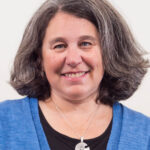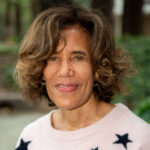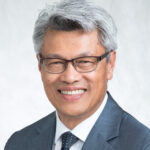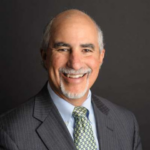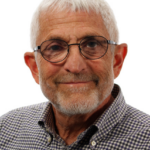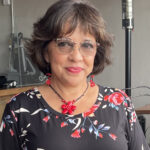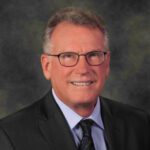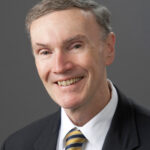As we know from our daily experience of the COVID-19 pandemic, public health is a political and cultural flashpoint in American society, as it has been since its emergence as a field of study and area of state authority in the 19th century. Whereas conventional biomedicine situates illness squarely inside the human body — a matter of damage to or malfunction of organ systems — public health looks outward, to the communication of diseases among populations and to the social factors that contribute to health or illness. Public health practitioners look at everything from the aggregate of individual human choices, such as smoking, to larger, deeper historical structures in society, such as the impact of systemic racism on health outcomes. Is it the government telling you how you or your children should behave, or is it science-based advice to help reduce rates of illness, harm, or death in society? Public health is science in political context like few other fields of research.
Well over a decade ago, the School of Public Health at UC Berkeley began to take stock of this positioning and reflect on how a teaching and research institution could better respond to the challenges of science in context. This set of interviews emerged from an effort to document the recent history and institutional evolution of the school. Steve Shortell, who was dean of the school from 2002 until 2013, wanted to chronicle the foundation and growth of the On-campus/Online Professional MPH (master’s of public health) Program; the reinstitution of the undergraduate major in public health; the development of an office of diversity; a graduate program in public health practice and leadership; and a center for health leadership, formerly known as the Center for Public Health Practice and Leadership and currently known as RISE. Dean Shortell also wanted to feature some key leaders associated with these developments.
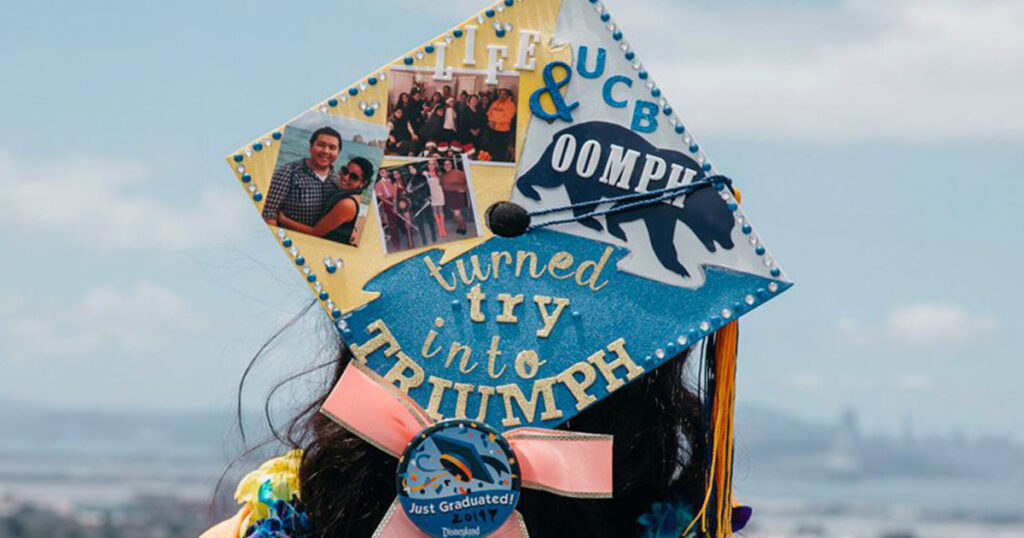
There are three interviews with Dean Shortell that provide the context for the institutional changes during this period, as well as explorations of his career in health management research. Executive Associate Dean Thomas Rundall was also interviewed about multiple initiatives, including his leadership of the graduate programs in health management and co-directorship of the Center for Lean Engagement and Research in Healthcare (CLEAR). Jeffrey Oxendine was interviewed about his role as co-founder and associate dean of the Center for Public Health Practice and Leadership, which began in 2008. Another feature of this oral history project was to explore the reinstitution of the undergraduate major in public health in 2003. Dr. Lisa Barcellos was interviewed in part about her leadership of that program and her research on the genetic and environmental factors involved in autoimmune disease.
There is also a set of interviews surrounding the establishment and growth of the online MPH program. Dr. Nap Hosang was the first director of the hybrid master’s of public health program, and he discusses the unique features of the program’s design, particularly with respect to accessing a diverse and unique pool of student talent, which contributed to the program’s success in subsequent years. Dr. Deborah Barnett was interviewed partly about her capacity as the successor and current leader of the program and as chief of curriculum and instruction. Alberta (Abby) Rincón recounted the history of her time as director of diversity and the foundation of the DREAM (Diversity, Respect, Equity, Action, Multiculturalism) office in the school. In her interview, chair of the Division of Community Health Sciences Dr. Denise Herd discusses the history of research in health disparities and the social determinants of health — a subject that is raised in many of the interviews — and her participation in the campus-wide Othering & Belonging Institute. Finally, Dr. Art Reingold was interviewed about his several decades as director of the Division of Epidemiology, the online MPH program, and teaching in the time of COVID.
If the field of public health is broadly defined as the study of health at the population level, this set of interviews reveals the broadest themes of health in context: the environment that shapes the expression of genes, the factors that lead to the nourishment or deprivation of bodies and minds, the factors that determine who gets to study or teach public health, the factors that shape the delivery of health care, and the contexts that shape the interactions between human bodies and other organisms and pathogens. The overarching story is about how these individuals studied, improved, and optimized institutional attention to these larger contexts, contributing to one of the most extraordinary public health programs in the country.
Read more from the individual interviews below:
